A Senior Research Fellow at the UK’s Overseas Development Institute, Tim Kelsall, has highlighted how political settlement approaches can make urban development more sustainable and improve outcomes based on the interests of the elite.
Mr Kelsall recently presented a framework for understanding the approach of political settlements for development at the Centre for Housing and Sustainable Development, Faculty of Environmental Sciences, University of Lagos (UNILAG).
This is in collaboration with the African Cities Research Consortium (ACRC).
According to Mr Kelsall, power dynamics and elite bargains influence urban development policies, even as he emphasises inclusive governance and participatory decision-making processes for urban development.
In his presentation, Mr Kelsall defines “political settlement as an agreement or understanding among a society’s most powerful groups about the basic rules of the political and economic game.”
He noted that these rules provide opportunities for powerful groups to receive a ‘minimally acceptable’ distribution of benefits, adding that political settlement “maintains power balance and prevents descent into all-out conflict and violence.”
Settlements, elite influence
Mr Kelsall further explained that settlements can be categorised into the social foundation, “which is the breadth and depth of the groups that have the potential to disrupt or change the settlement; and the power configuration, which explains the degree to which power is de facto concentrated in the country’s top leadership.”
Nigerians need credible journalism. Help us report it.
PREMIUM TIMES delivers fact-based journalism for Nigerians, by Nigerians — and our community of supporters, the readers who donate, make our work possible. Help us bring you and millions of others in-depth, meticulously researched news and information.
It’s essential to acknowledge that news production incurs expenses, and we take pride in never placing our stories behind a prohibitive paywall.
Will you support our newsroom with a modest donation to help maintain our commitment to free, accessible news?
According to Mr Kelsall, the broader the social foundation and the more concentrated the power configuration, the more committed and able elites will be when it comes to promoting inclusive development.
 Tim Kelsall during his presentation
Tim Kelsall during his presentationHe observed that the ‘urban crisis’ in Africa includes extremely high urban population growth rates, urbanisation without structural transformation, weak planning and poor social services, and exceptional vulnerability to the climate crisis.
The researcher and the participants also discussed the factors influencing political settlements and their impact on development outcomes, emphasising the need for a comprehensive approach to political settlement analysis in development research.
He also highlighted the importance of considering the interests of different groups and the impact of power configurations within political settlements on public goods.
He noted that cities have a distinct role in the settlement and can be a major source of political and economic security or insecurity, votes or political legitimacy, and economic activity.
“Governing authorities in cities can be more or less aligned with ruling coalitions at the centre and thus can reinforce or undermine power concentration nationally,” he said.
More comments
Mr Kelsall further urged the local authorities to broaden their investment in social good and to work with local partners in civil society and academia, such as citizens groups like the Federation of the Urban Poor in Lagos, to help people solve their problems and hear their perspectives.
He encouraged political settlement analysis for reform to address issues likely to get political traction.
He said: “Who are the best partners to work with within a given context to bring about political change? Which are the issues that are ready to be addressed now? And these are the issues that have to wait because the political conditions for solving them are not yet right.
 Tim and other scholars during the presentation in UNILAG
Tim and other scholars during the presentation in UNILAG“We’ve done some background research into Nigeria, and in Lagos, we’re working with partners here at the university to devise what we call priority projects to solve priority complex problems.
“We look at the nature of the problem and its status politically to determine where the authorities might help and where the community has to help itself, and these kinds of things.”
Collaborations
In his comments, an Associate Professor and Head of the Department (HOD) of Urban Planning, Faculty of Environmental Sciences, UNILAG, Muyiwa Agunbiade, said the centre appreciates and establishes research collaborations with some global institutions across some thematic areas.
Mr Agunbiade said the centre brought the researcher on board to share his findings.
ALSO READ:SPECIAL REPORT: Jigawa villagers link declining farming output, urban drift to abandonment of dam
He said: “And so he has come around to share his idea and framework that he has developed, so the whole idea is for him to come here so that we can have first-hand interaction with us and be able to have a feel of what’s happening in Nigeria.
“The role of academia is to develop the framework test, and we bring people like this to interact with each other, and then everybody brings up their idea to see the practicality of whatever we are doing.”
Participants
Participants in the presentation were drawn from various subfields in the department and other interested parties across the university.
Mr Kelsall also interacted with scholars from the university’s political science department to share the framework and get their feedback.
Support PREMIUM TIMES' journalism of integrity and credibility
At Premium Times, we firmly believe in the importance of high-quality journalism. Recognizing that not everyone can afford costly news subscriptions, we are dedicated to delivering meticulously researched, fact-checked news that remains freely accessible to all.
Whether you turn to Premium Times for daily updates, in-depth investigations into pressing national issues, or entertaining trending stories, we value your readership.
It’s essential to acknowledge that news production incurs expenses, and we take pride in never placing our stories behind a prohibitive paywall.
Would you consider supporting us with a modest contribution on a monthly basis to help maintain our commitment to free, accessible news?
TEXT AD: Call Willie - +2348098788999



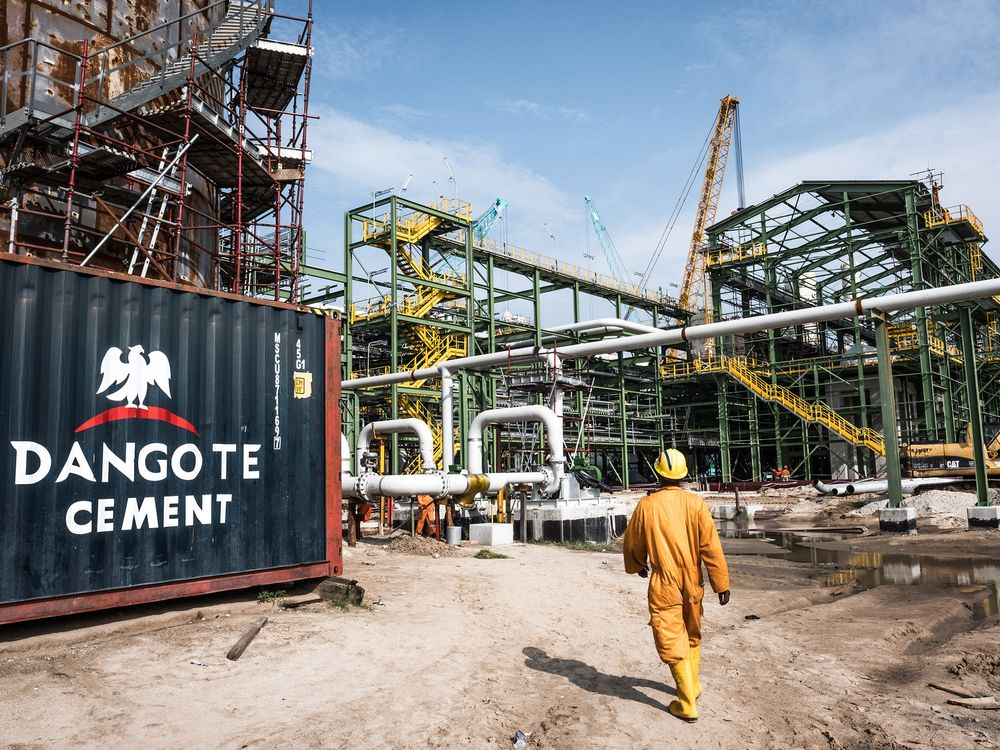


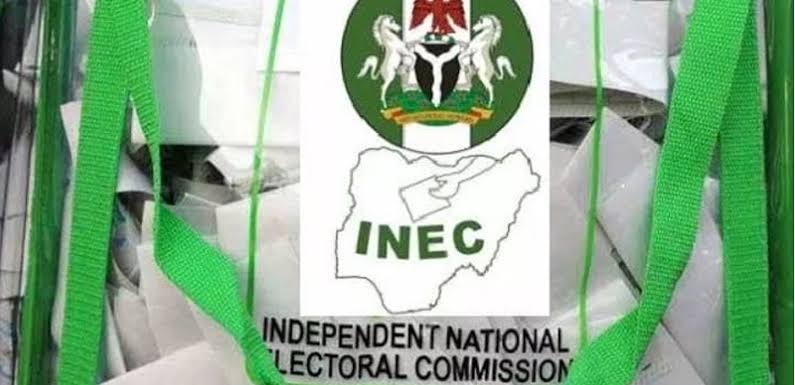

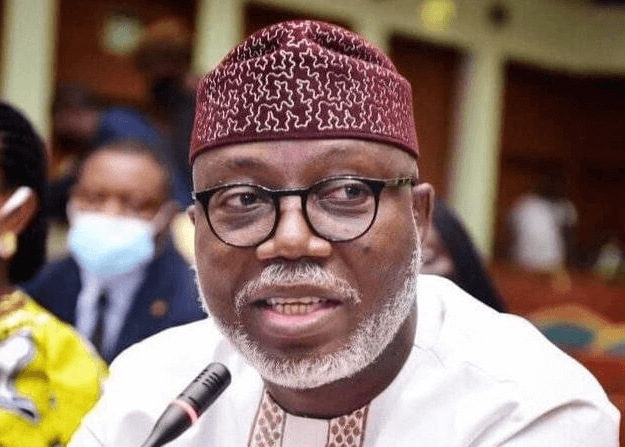







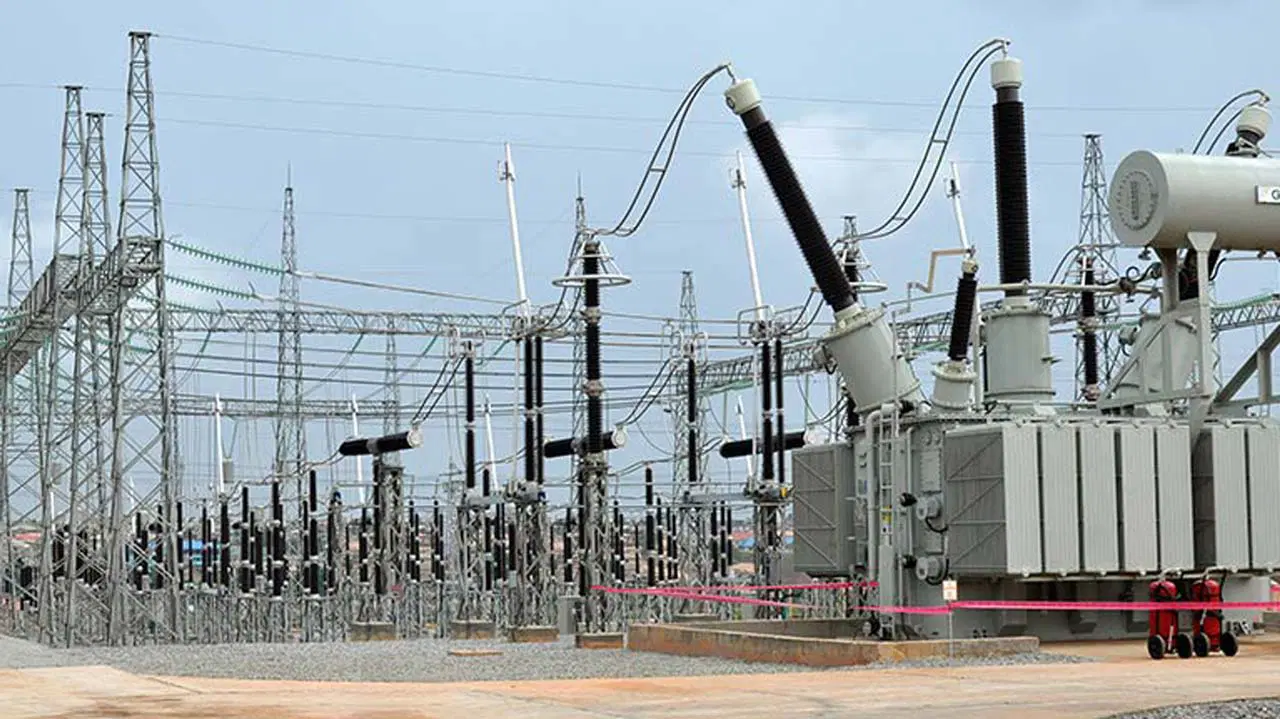
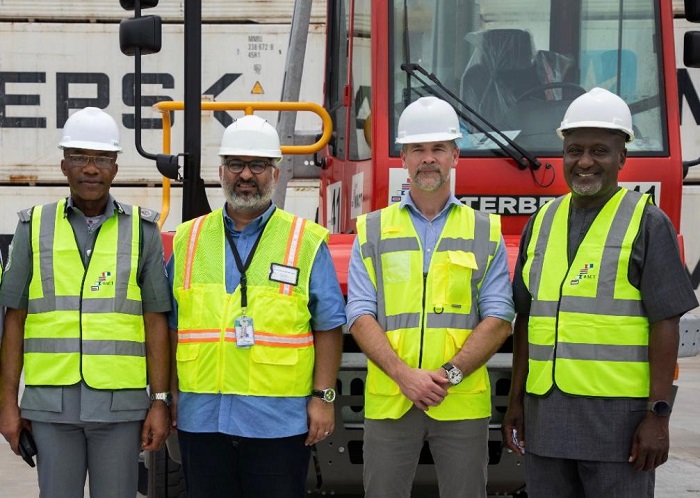
 English (US) ·
English (US) ·